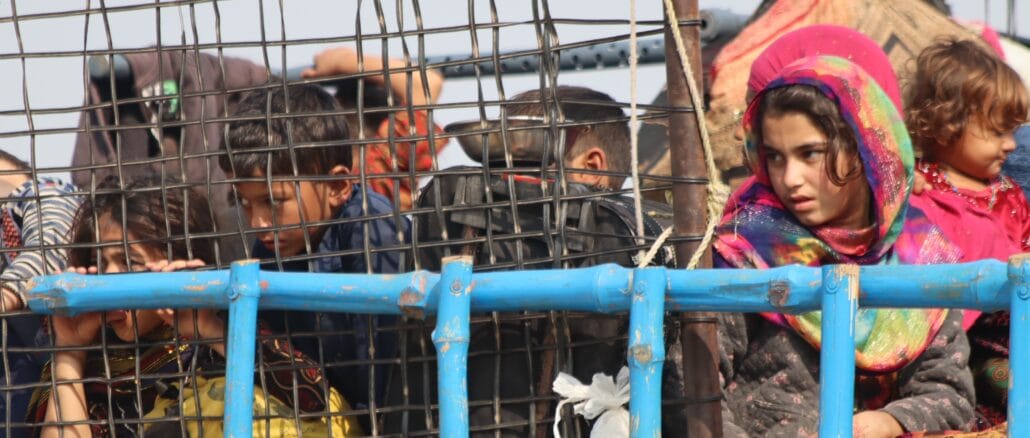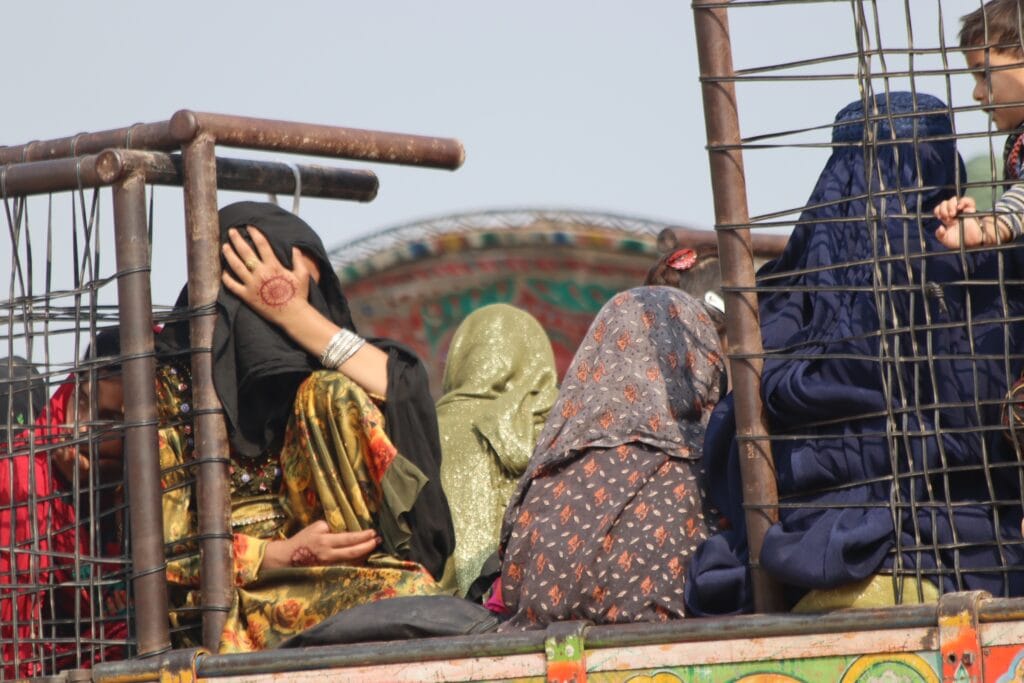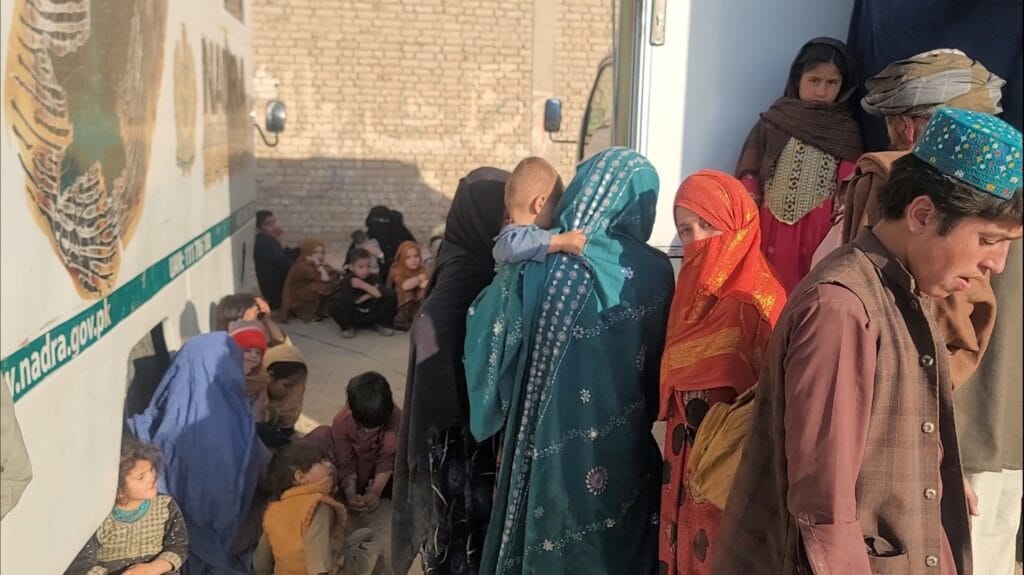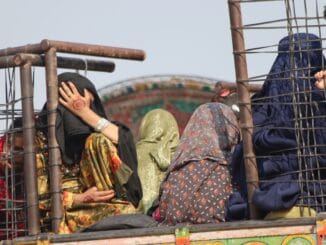
Pakistan has ordered Afghan refugees holding Afghan Citizen Card (ACC) documentation to leave Lahore and Rawalpindi and return to Afghanistan, according to a directive from the Pakistani government. The directive, shared via WhatsApp by the United Nations High Commissioner for Refugees (UNHCR) in Pakistan, also notifies Afghan refugees holding Proof of Registration (PoR) cards that they must vacate these areas despite being permitted to remain in Pakistan until June 30.
The UNHCR described this decision as profoundly concerning for the Afghan community, many of whom have lived in Pakistan for decades. The UNHCR and the International Organization for Migration (IOM) have reiterated their commitment to supporting Afghan refugees and sought further clarification from Pakistani authorities regarding the new orders.
Pakistan’s government has warned that any Afghan refugees who fail to comply with the directive risk arrest and deportation.
U.S. Lawmakers Urge Resumption of Afghan Refugee Resettlement Program
Miwand Alami Afghan, head of the Afghan Refugee Council in Islamabad, told Afghan Media that the latest order would have widespread consequences.
“According to UNHCR, 880,000 Afghans hold ACC cards, while over 1.3 million others possess PoR cards. The exact number of affected refugees in Islamabad and Rawalpindi is unclear, but all will be impacted. While the UNHCR has made efforts to support Afghan refugees, it has not taken significant steps recently. Pakistani authorities have detained many undocumented Afghans, including women, elderly individuals, and children, and deported them within 24 hours,” he said.
According to the latest directive, Afghan refugees who have applied for asylum in third countries must also leave Islamabad and Rawalpindi by March 31. Reports indicate that despite obtaining official documents and letters from relevant embassies, many asylum seekers have been arrested and forcibly deported.

An Afghan refugee in Islamabad, who is awaiting relocation to the United States, told Afghan Media on condition of anonymity:
“Many of us have already received exemption letters from the U.S. embassy, but despite these documents, Pakistani police have arrested individuals and disregarded their diplomatic protections.”
Pakistan’s intensified crackdown on Afghan refugees comes amid worsening economic and humanitarian conditions in Afghanistan. The UN and human rights organizations have repeatedly urged Pakistan to adopt a humanitarian approach in handling the deportation of Afghan refugees.
UNHCR Response & Deportation Impact
The UNHCR acknowledged Pakistan’s directive in a statement on February 1, confirming that Afghan refugees with ACCs must return to Afghanistan, while those with PoR cards must leave Islamabad and Rawalpindi by June 30. The UN agency also expressed concern over the government’s directive requiring Afghan refugees awaiting resettlement in third countries to leave by March 31 or face deportation.
The UNHCR and IOM have voiced disappointment over the decision and called for further clarification. The UN has also reaffirmed its commitment to defending the rights of Afghan refugees in Pakistan.
Afghan Women Activists Seek Support from First Lady Melania Trump
Afghan refugees began arriving in Pakistan in large numbers during the Soviet invasion in the 1980s and continued to seek refuge during Afghanistan’s civil conflicts. Following the Taliban’s return to power in August 2021, an estimated 600,000 additional Afghans fled to Pakistan. Many of them have been awaiting resettlement in the United States, Europe, and other countries while residing in Islamabad and Rawalpindi.

In October 2023, Pakistan’s interim government ordered all undocumented foreigners to leave voluntarily by October 31. The deportation process began in November, and Pakistani authorities claim that over 800,000 Afghans have been forcibly returned since then. The Interior Ministry estimates that around 3 million Afghan refugees still reside in Pakistan.
Human rights groups and international organizations continue to urge Pakistan to reconsider its deportation policies and ensure the safety and dignity of Afghan refugees.
Afghan Women Stranded in Pakistan Appeal to U.S. for Urgent Action






1 Trackback / Pingback